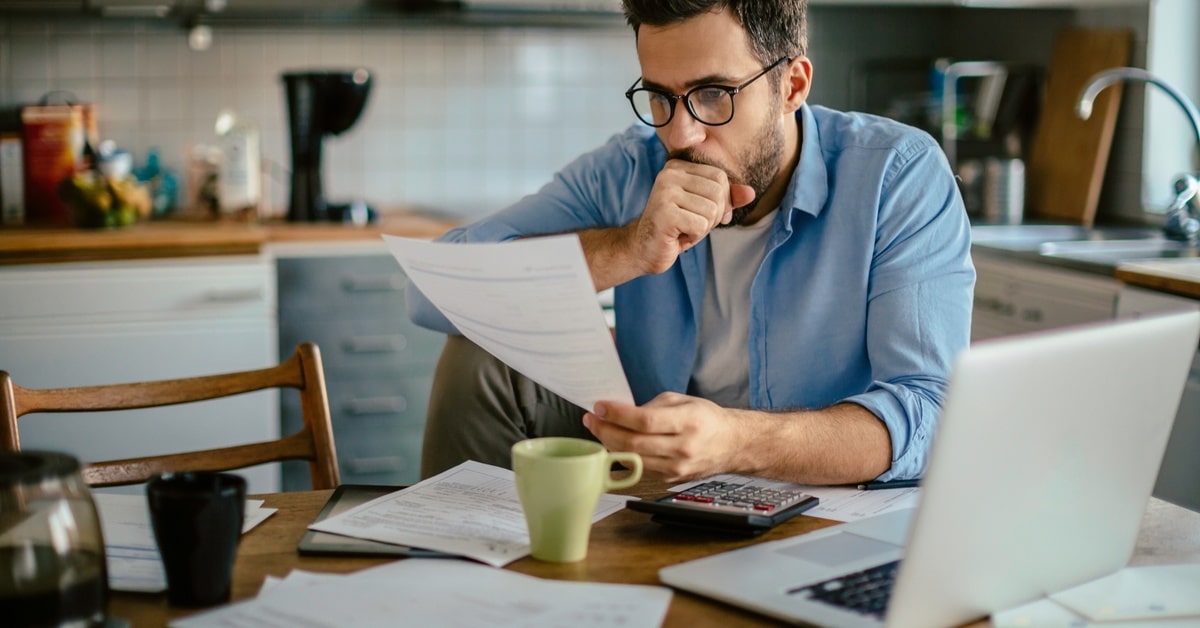Anxiety is a powerful and overwhelming emotion that can disrupt daily life, often surfacing without clear warning or explanation. Understanding the causes and underlying factors contributing to your anxiety can be a crucial step in managing and coping with it. While it might not always be easy to pinpoint what causes anxiety, taking the time to understand personalized triggers can empower you to regain control during challenging moments.
This guide will help you explore the wide variety of potential emotional triggers behind anxiety flare-ups and provide practical tools to better understand and manage them.
What is an Anxiety Trigger?
Anxiety triggers are specific circumstances, events, or thought patterns that activate feelings of fear, worry, or unease. When triggered, the body often responds with a heightened state of alertness or physical symptoms such as increased heart rate or shallow breathing.
Some triggers are external, such as stressful life events, while others may stem from internal factors, such as negative thought patterns. Everyone has their own unique triggers, which may develop due to past experiences, current hardships, or physiological factors, making them unique to each individual. For some, triggers are easy to identify, while others may need to explore their emotions, environment, and memories more deeply to identify them.
Common Examples of Anxiety Triggers
Anxiety triggers can differ greatly from person to person, influenced by individual experiences, environments, and sensitivities. While several common triggers are widely recognized, many triggers are deeply personal and unique, such as specific memories or sensory experiences. However, this list is not exhaustive, and understanding one’s own triggers often requires self-reflection and exploration of personal emotional patterns.
Health Issues
Health concerns, whether they involve chronic illness or sudden medical conditions, often provoke anxiety. Worrying about potential diagnoses, test results, or physical symptoms can create cycles of unease. Although staying on top of your health is generally proactive, hyperfixating on health can be detrimental to one’s well-being.
Economic Concerns
Financial instability, whether from uncertainty about income, debt, or unexpected expenses, can lead to significant anxiety. Money-related challenges undermine a sense of security, leaving individuals feeling like they are teetering on unstable footing.

Social Interactions
For many, the pressure to fit in or be accepted in social situations can heighten anxiety. Fear of judgment, embarrassing moments, or even simple miscommunication can make social interactions seem daunting. Even small talk can be anxiety-inducing, leaving individuals overwhelmed and unsure of how to connect with others.
Interpersonal Conflict
Arguments, miscommunications, or tension in relationships can trigger intense unease. This can range from disagreements with co-workers to complicated dynamics with loved ones, leaving individuals feeling guilty, rejected, or on edge.
Negative Thought Patterns
Persistent negative thinking can fuel ongoing feelings of anxiety. Critical self-talk, constant worry about worst-case scenarios, or catastrophizing situations may create a relentless emotional loop that heightens distress.
Stress or Burnout
High demands at work, obligations at home, or a combination of pressures can overwhelm emotional resilience. Continuous stress without adequate breaks can heighten sensitivity to anxiety triggers.
Medication or Substance Use
Various medications or substances, including certain prescriptions or recreational drugs, can provoke anxiety as a side effect. Similarly, withdrawal from these substances can contribute to increased emotional sensitivity.
Excessive Caffeine
High amounts of caffeine can increase restlessness, heart palpitations, and nervous energy. While it might be tempting to rely on coffee for an energy boost, sensitivity to caffeine can exacerbate feelings of anxiety.
Steps To Identify Anxiety Triggers
Discovering what sparks your anxiety requires self-reflection and a willingness to explore how your mind and body react to different situations. Although the process of examining your personal emotional triggers can be emotionally draining, it can also be rewarding as a first step to managing anxiety flare-ups more effectively.
Recognize Anxious Feelings
The first step in identifying anxiety triggers is acknowledging when feelings of unease arise. When you notice these, ask yourself, “What might be making me feel this way? Why is this situation provoking this level of anxiety?” Reflecting on these questions in real time can bring clarity to patterns.
Listen To Your Body
Physical health is deeply intertwined with emotional well-being. Fatigue, poor eating habits, or lack of sleep can make you more susceptible to anxiety. Tuning into how your body feels during moments of stress can provide clues about unaddressed physical needs.
Consider Your Past Flare-Ups
Reflecting on previous episodes of anxiety can reveal patterns. Think back to times when anxiety surfaced and what was happening in your life then. Were there commonalities? Did you notice certain environments, emotions, or interactions that seemed to repeat consistently?
Process Emotions Through Journaling
Writing down thoughts and observations is a powerful way to uncover hidden triggers. Journaling provides a space to document your emotions, allowing you to recognize patterns, track progress, and brainstorm solutions without judgment.
How To Manage Anxiety Flare-Ups
Pinpointing an anxiety trigger is only the first step. The next challenge lies in managing the intense feelings that arise when exposed to triggers and regaining a sense of control. By building your toolkit of strategies, you’ll strengthen your ability to respond effectively during anxious moments.
Deep Breathing Exercises
Deep breathing engages your parasympathetic nervous system, signaling your body to calm down. A simple technique is to inhale for a count of four, hold for seven, then exhale for eight. Practicing this regularly can help reduce symptoms when anxiety begins creeping in.

Grounding Techniques
Grounding exercises, such as the 3-3-3 technique, help distract from anxious thoughts by focusing on the present. Look around and name three things you see, three things you hear, and move three parts of your body. This can re-center your attention and create a sense of control.
Challenge and Reframe Negative Thoughts
Anxiety often thrives on negative thinking. When you notice catastrophic or self-critical thoughts, remind yourself these feelings are temporary. Reframing thoughts with statements such as “This will pass” or “I’ve handled situations like this before” can help regain perspective.
Consult With an Anxiety Specialist
If anxiety persists or becomes debilitating, reach out to an anxiety psychiatrist who can diagnose and provide personalized treatment options. Specialists are equipped to address complex triggers and can support you in developing long-term management strategies.
Overcome Anxiety and Emotional Triggers
Understanding your anxiety triggers and how to manage them is a powerful step toward emotional resilience. By identifying triggers behind flare-ups and equipping yourself with practical tools, you can take significant strides toward managing anxiety more effectively.
If you often feel overwhelmed by your anxious feelings, you don’t have to navigate this alone. At Envision Mindcare, we utilize holistic, cutting-edge interventions to assist individuals overcome their anxieties and enhance their mental well-being. Take the first step today to reclaim your sense of calm and confidence and contact us for an initial consultation to discuss your treatment goals.

